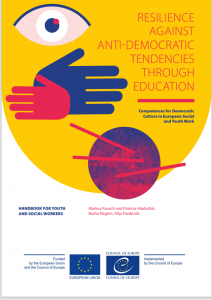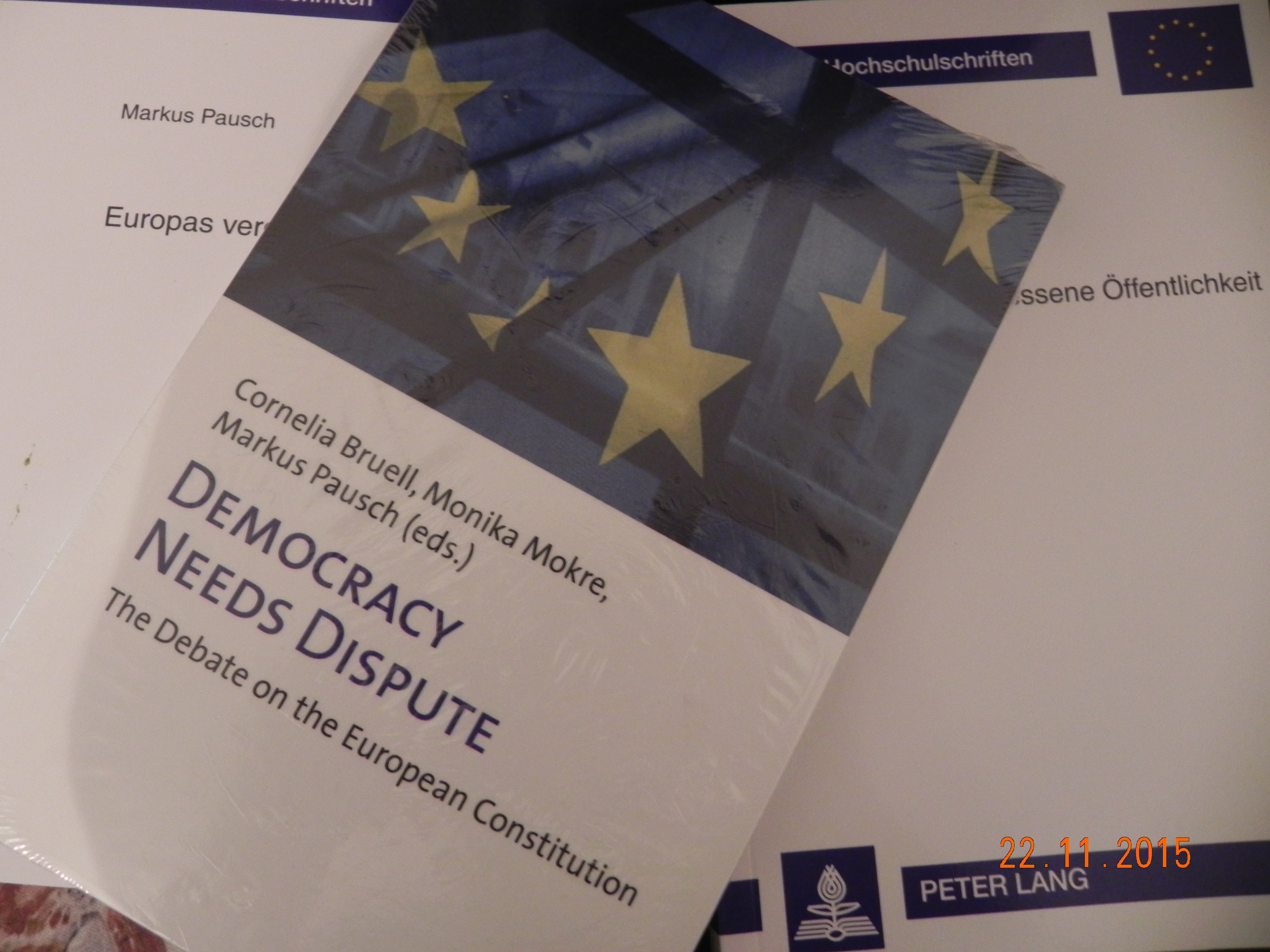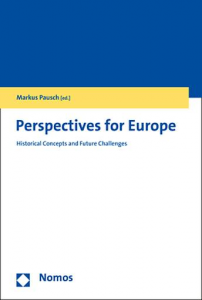Since around the year 2000, I’m working mainly on questions of democracy and the European Union.
In my work on democracy I assume that human beings strive for freedom, but at the same time have a need for security and conformity. Democracy as a form of government and as a way of life or interaction must first and foremost enable equal freedom for all individuals. Being able to revolt and say no without being sanctioned, to enter into contradiction and dialogue, and to express doubt and criticism are the essential prerequisites for democracy. In democratic states and organizations, these prerequisites are institutionalized through parliaments or other bodies and are regarded in the interpersonal sphere as characteristics of equal, fair and free communication. Their opposite is dictatorial, authoritarian forms of government or social interaction. One of my theses on this is that we do not find an adequate and sufficient translation of democratic principles in our everyday life, in schools, companies, etc. In this context I work on both political theory and empirical democracy research. My motivation is to translate theoretical assumptions into empirical analysis and practice-oriented projects. Theoretically, I am interested in the outsiders of political theory, especially Albert Camus and Erich Fromm. Both of them worked on a humanism that is highly relevant for today’s democracy: Camus in France in the environment of existentialism, Fromm as a former member of the Frankfurt School – both as critical theorists with practical philosophies.
In my work about the European Union, I’m trying to analyse the democratic development of the supranational entity from its beginnings to the current situation and its implications for future developments. My publications mainly focus on the question how and if a democratisation of the European Union can be reached.
Polarisation is a phenomenon that characterises the political and social debate of the 21st century. I have been working for several years on the relationship between democracy and polarisation in Europe at different levels, especially at the local level.
Several publications have been produced on this subject:

In meiner Arbeit über Demokratie gehe ich davon aus, dass der Mensch von Natur aus nach Freiheit strebt, gleichzeitig aber auch ein Bedürfnis nach Sicherheit und Konformität hegt. Die Demokratie als Regierungs- und als Lebens- oder Interaktionsform muss in erster Linie die gleiche Freiheit der Individuen ermöglichen. Revoltieren und Nein sagen zu können, ohne sanktioniert zu werden, in Widerspruch und Dialog eintreten sowie Zweifel und Kritik äußern zu können, sind die wesentlichen Voraussetzungen für Demokratie. Diese Voraussetzungen werden in demokratischen Staaten und Organisationen über Parlamente oder andere Gremien institutionalisiert und gelten im zwischenmenschlichen Bereich als Merkmale gleichberechtigter und herrschaftsfreier Kommunikation. Ihr Gegenteil sind diktatorische, autoritäre Formen des Regierens bzw. des zwischenmenschlichen Umgangs. Eine meiner Thesen dazu lautet, dass wir in unseren alltäglichen Lebenswelten, in Schulen, Unternehmen usw. keine adäquate und ausreichende Übersetzung demokratischer Prinzipien vorfinden. Indiesem Zusammenhang arbeite ich sowohl politik- und demokratietheoretisch als auch empirisch-analytisch. Meine Motivation ist es, theoretische Annahmen in empirische Analysen und praxisrelevante Projekte zu übersetzen. Theoretisch interessieren mich dabei besonders die Außenseiter der politischen Theorie, besonders Albert Camus und Erich Fromm. Beide arbeiteten an einem Humanismus, der für heutige Demokratie höchst relevant ist: Camus in Frankreich in der Umgebung des Existenzialismus, Fromm als Abtrünniger der Frankfurter Schule – beide als kritische Theoretiker mit praktischen Philosophien.


